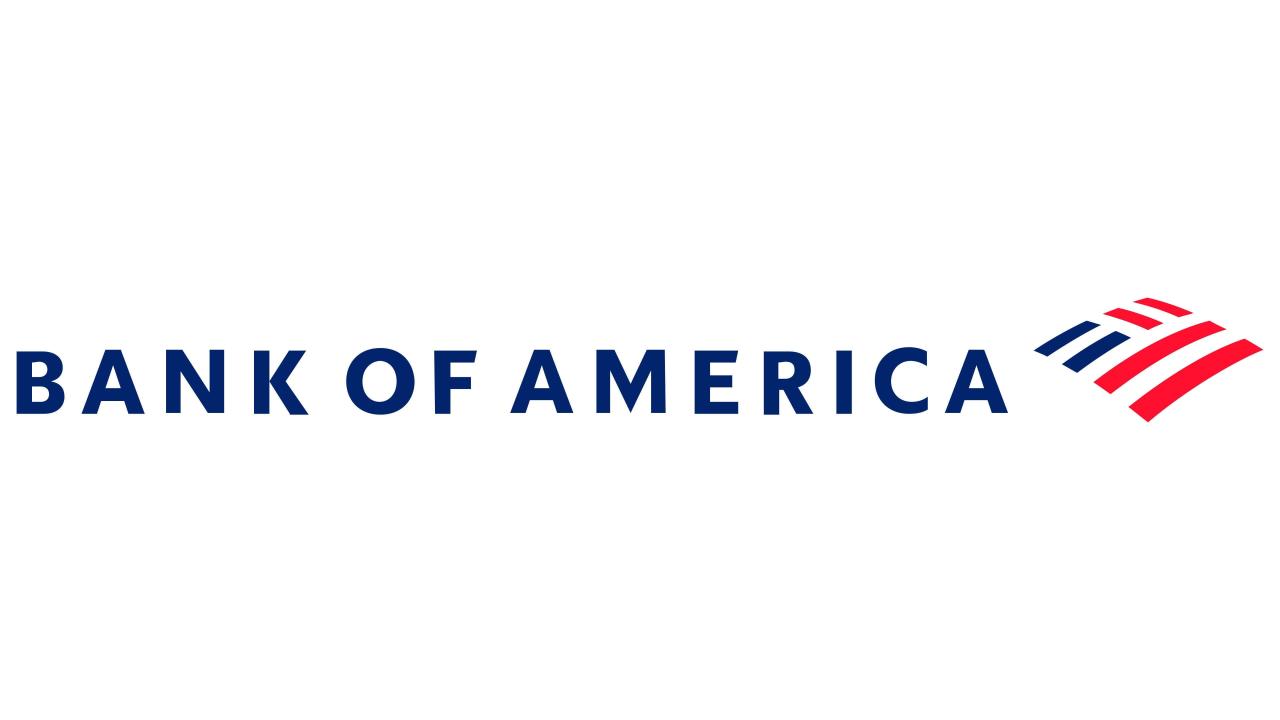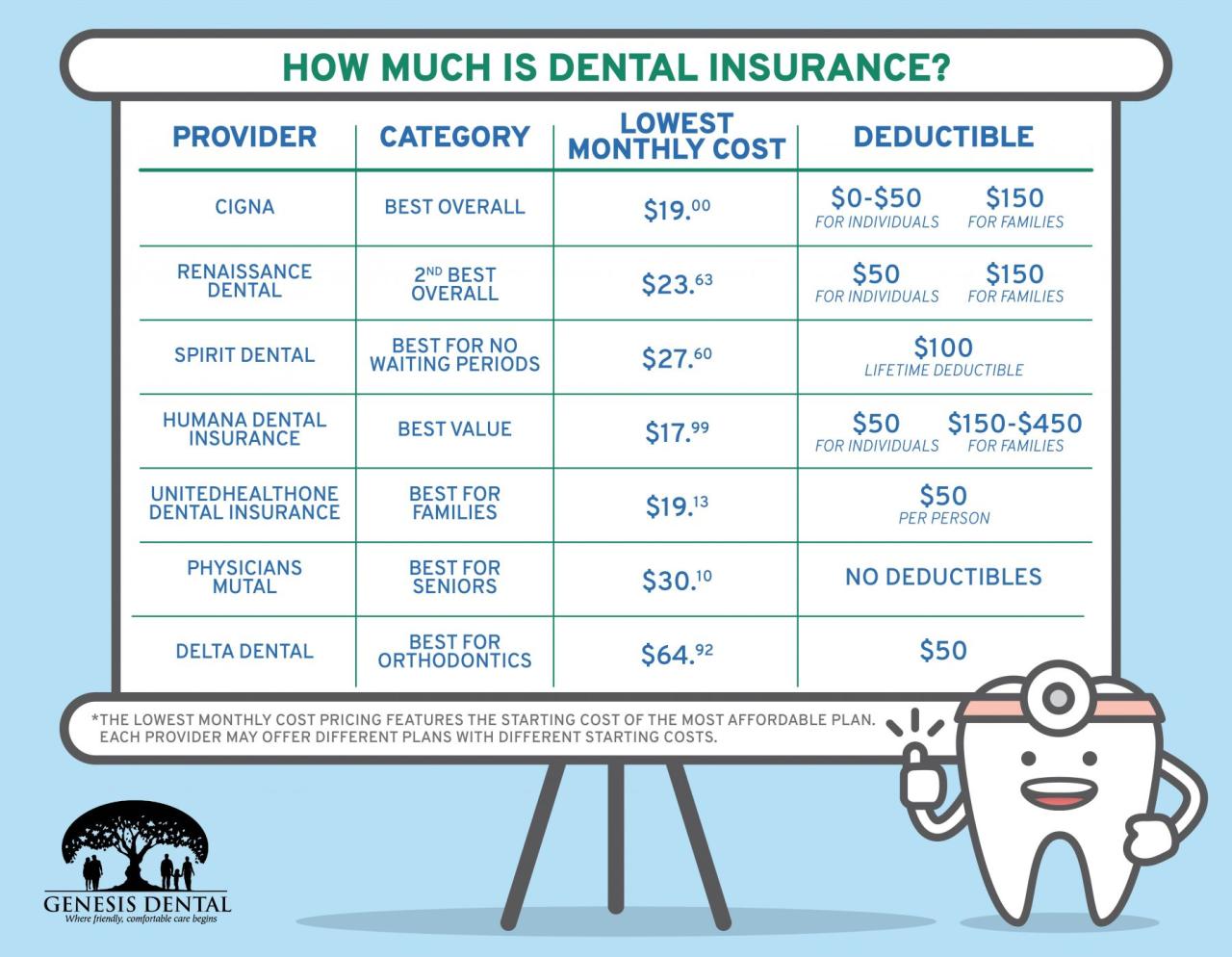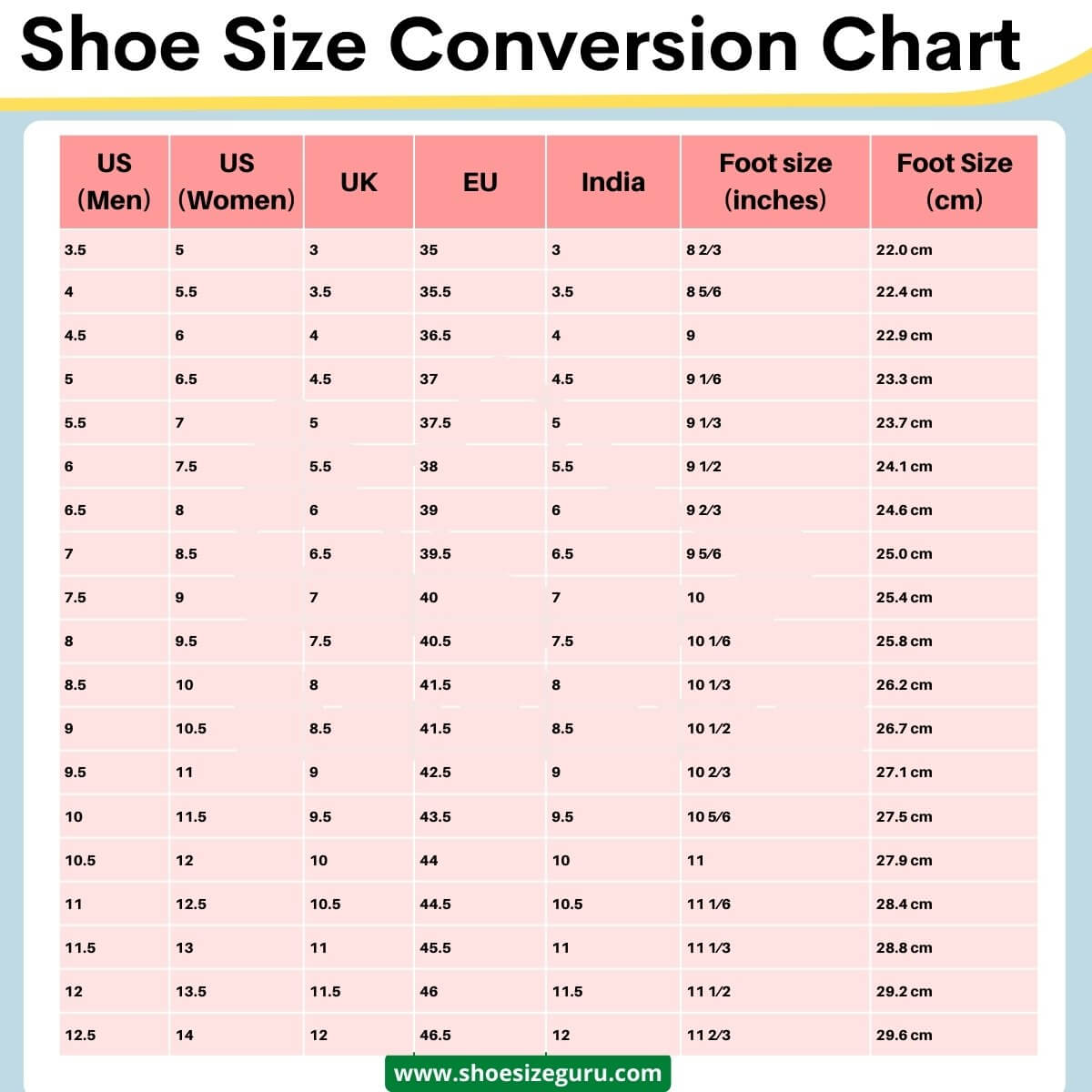Umbrella insurance is an essential safety net for individuals and families with significant assets. It provides an extra layer of protection beyond your standard homeowners, auto, and liability insurance policies, safeguarding you from financial ruin in the event of a major lawsuit or claim.
Imagine being sued for a substantial amount due to an accident or incident that exceeds the limits of your existing insurance policies. Umbrella insurance acts as a financial shield, covering the difference between your primary insurance coverage and the amount you are liable for.
This crucial coverage can protect your savings, investments, and other valuable assets from being seized to satisfy a judgment.
What is Umbrella Insurance?
Umbrella insurance, also known as excess liability insurance, provides an extra layer of financial protection beyond your existing homeowners, auto, and other liability insurance policies. It acts as a safety net, safeguarding you from significant financial losses in the event of a lawsuit or claim exceeding the coverage limits of your primary policies.
Purpose of Umbrella Insurance
The primary purpose of umbrella insurance is to protect your assets from financial ruin in the event of a major liability claim. It serves as an additional layer of coverage that kicks in when the coverage limits of your other insurance policies are exhausted.
This can be crucial in situations involving significant personal injury, property damage, or other liabilities.
Examples of Situations Where Umbrella Insurance Could Be Beneficial
- A driver in an accident causes serious injuries to multiple passengers, resulting in a lawsuit exceeding the limits of their auto insurance policy.
- A homeowner’s dog bites a neighbor, leading to a claim that exceeds the homeowner’s liability coverage.
- A homeowner is sued for negligence after a guest slips and falls on their property, resulting in significant medical expenses.
- A business owner is sued for a product liability claim that exceeds their commercial liability coverage.
How Umbrella Insurance Works
Umbrella insurance operates as an excess liability policy, meaning it provides coverage above and beyond your existing insurance policies. It acts as a safety net to protect your assets in the event of a claim that exceeds the limits of your primary policies.
Types of Claims Covered by Umbrella Insurance
Umbrella insurance typically covers a wide range of liability claims, including:
- Personal injury claims
- Property damage claims
- Libel and slander claims
- Wrongful death claims
- Other liability claims not covered by your primary policies
Coverage Limits and Calculation
Umbrella insurance policies typically have high coverage limits, ranging from $1 million to $10 million or more. The coverage limit represents the maximum amount the insurance company will pay for covered claims. The cost of umbrella insurance is typically calculated based on factors such as your existing liability coverage, the amount of coverage you need, and your risk profile.
Who Needs Umbrella Insurance?
While umbrella insurance can benefit anyone, certain individuals or families may find it particularly valuable. These include:
Individuals or Families with High Net Worth
Individuals or families with significant assets, such as real estate, investments, or valuable possessions, are prime candidates for umbrella insurance. This type of coverage can help protect their assets from financial ruin in the event of a major liability claim.
Individuals with an Active Lifestyle
Individuals who engage in activities with a higher risk of liability, such as owning a boat, owning a swimming pool, or participating in extreme sports, may also benefit from umbrella insurance. These activities can increase the potential for accidents or injuries, potentially leading to costly lawsuits.
Individuals with Specific Assets

Individuals with specific assets, such as valuable art collections, antique furniture, or rare cars, may also consider umbrella insurance. These assets can be particularly vulnerable to damage or theft, and umbrella insurance can provide additional coverage to protect their value.
The Benefits of Umbrella Insurance
Umbrella insurance offers several significant benefits, including:
Financial Protection
Umbrella insurance provides financial protection against unexpected and potentially devastating liability claims. It acts as a safety net, ensuring that your assets are protected from financial ruin.
Coverage for Legal Fees and Expenses
In addition to covering the cost of settlements or judgments, umbrella insurance can also help cover legal fees, court costs, and other expenses associated with defending a lawsuit.
Potential Cost Savings
While umbrella insurance does come with a premium, the potential cost savings it offers can be significant. By protecting your assets from a catastrophic loss, umbrella insurance can prevent you from having to sell valuable possessions or deplete your savings to cover a large liability claim.
Finding the right car insurance can be a bit of a headache, but it’s definitely worth it. You want to make sure you’re getting the best coverage for your needs and budget. A little research can go a long way!
Considerations for Choosing Umbrella Insurance
When choosing an umbrella insurance policy, it’s essential to consider several factors:
Coverage Limits
The coverage limit of your umbrella insurance policy should be high enough to cover your potential liability exposure. Consider your assets, lifestyle, and potential risks when determining the appropriate coverage limit.
Deductibles
The deductible is the amount you’ll pay out-of-pocket before your umbrella insurance coverage kicks in. Higher deductibles typically result in lower premiums, but you’ll need to be prepared to pay a larger amount upfront in the event of a claim.
Exclusions
Umbrella insurance policies typically have exclusions, which are situations or types of claims that are not covered. Carefully review the policy’s exclusions to ensure that you understand what is and is not covered.
Reputable Insurance Company
It’s essential to choose an umbrella insurance policy from a reputable insurance company with a strong financial rating. This ensures that the company will be able to pay out claims if you need to file one.
Getting the right car insurance can be a real headache, but it’s crucial to protect yourself financially in case of an accident. Make sure to compare quotes from different providers and choose a policy that fits your budget and driving needs.
Umbrella Insurance and Other Types of Insurance

Umbrella insurance complements other types of insurance, such as homeowners, auto, and liability insurance, by providing an additional layer of protection.
Complementary Coverage
Umbrella insurance can fill gaps in coverage that may exist in your other policies. For example, if you’re sued for a claim that exceeds the limits of your homeowners or auto insurance, your umbrella insurance can provide the additional coverage you need.
Working in Conjunction with Other Policies, Umbrella insurance
Umbrella insurance typically works in conjunction with your existing insurance policies. If you have a claim that exceeds the limits of your primary policy, your umbrella insurance will step in to cover the remaining amount.
Final Thoughts
Umbrella insurance is an investment in your financial security and peace of mind. By providing additional coverage beyond your primary insurance policies, it offers vital protection against unexpected and potentially devastating financial losses. Consider your individual circumstances, assets, and potential risks to determine if umbrella insurance is the right choice for you.













